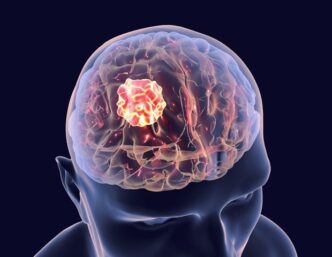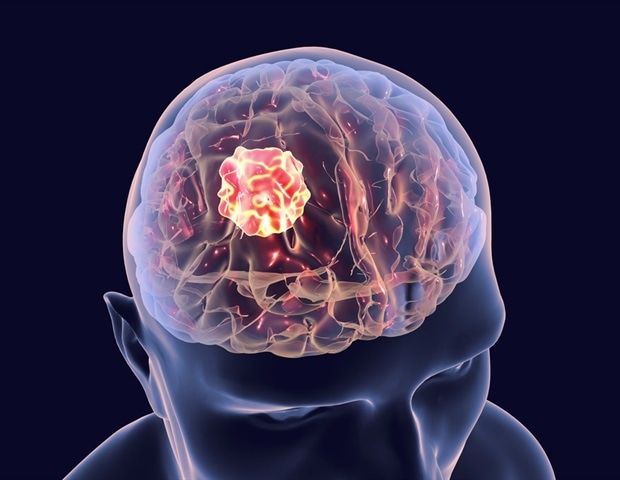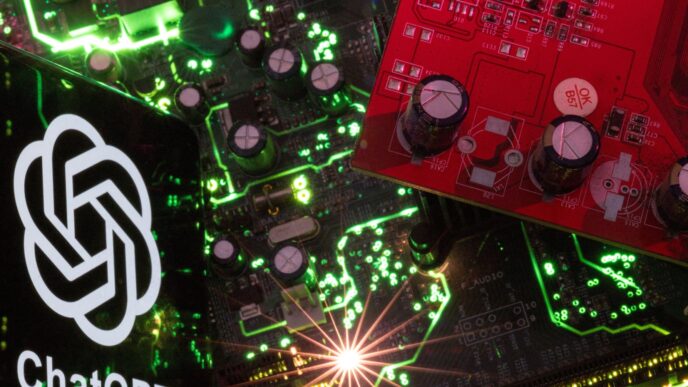University of Virginia is using AI to speed up treatment decisions for glioblastoma, the deadliest brain cancer.
Doctors usually wait 3-4 months after treatment to tell if the tumor is growing or if changes are from therapy. UVA’s new AI combines MRI and dynamic PET scans to make that call faster and more accurate.
Tested on 26 patients right after treatment, the AI got it right 74% of the time—already beating standard clinical methods. Researchers want to push that above 80% with more data.
The funding comes from a $90,000 UVA Ivy Biomedical Innovation Fund grant to improve the AI’s deep-learning algorithms.
David Schiff, co-director of UVA’s Neuro-Oncology Center, said faster diagnosis means earlier treatment changes, potentially extending survival.
Bijoy Kundu, PhD, leading the project, said:
“The goal of the project is to train on additional patient data and increase this accuracy by greater than 80% for clinical use.”
“We hope this work helps patients and families get answers faster. If our AI can give doctors more confidence earlier, it could mean quicker treatment decisions and better outcomes.”
“Our goal is to give doctors better tools, so they can focus less on guesswork and more on care. We’re still in the early stages, but even now, our approach is showing real promise. We’re working toward a future where patients get clarity sooner, and where that clarity helps save lives.”
Glioblastoma accounts for over half of primary brain tumors and kills most patients within 15 months of diagnosis. Faster, accurate imaging is crucial.
UVA’s push blends medical engineering, radiology, and cancer research with cutting-edge AI to tackle this urgent problem.














